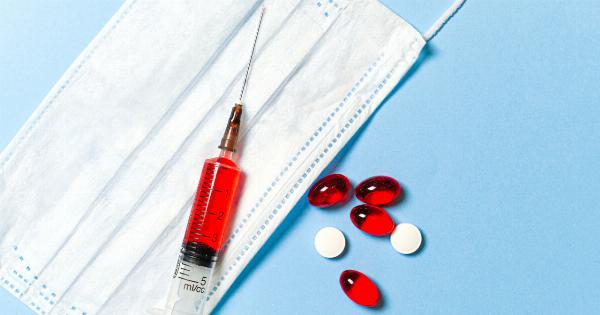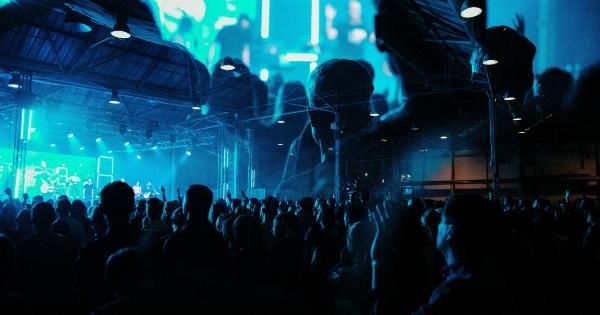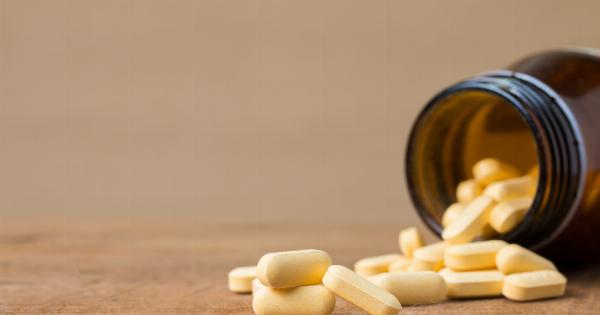Hangovers are a common occurrence that many people have experienced at some point in their lives. They are the unpleasant after-effects of consuming excessive amounts of alcohol.
While most of us would agree that hangovers are not a pleasant experience, there are several misconceptions surrounding them. In this article, we will explore some of the most common misconceptions about hangovers and uncover the truth behind them.
H2: Misconception #1 – Hangovers Only Happen to heavy Drinkers
One of the biggest misconceptions surrounding hangovers is that they only affect heavy drinkers.
While it is true that individuals who consume large quantities of alcohol are more likely to experience severe hangovers, anyone who drinks alcohol can experience a hangover. The severity of a hangover may vary depending on factors such as the amount of alcohol consumed, the individual’s tolerance, and overall health.
Misconception #2 – Drinking Coffee Can Cure a Hangover
Many people believe that drinking a strong cup of coffee can help cure a hangover. However, this is just a myth. While caffeine may temporarily alleviate the fatigue and drowsiness associated with a hangover, it does not address the root causes.
In fact, caffeine can further dehydrate the body, making the symptoms of a hangover worse. It is important to hydrate the body with water or electrolyte-rich beverages to alleviate the symptoms associated with a hangover.
Misconception #3 – Hangovers are Mainly Caused by Dehydration
Dehydration is certainly a contributing factor to the symptoms of a hangover, but it is not the sole cause. Alcohol causes the body to produce more urine, leading to increased fluid loss and dehydration.
However, other factors such as inflammation, hormonal changes, and the production of toxic byproducts from alcohol metabolism also play a significant role in causing hangover symptoms.
Misconception #4 – Clear Liquors Prevent Hangovers
Another common misconception is that clear liquors such as vodka and gin cause fewer hangovers compared to darker liquors like whiskey or rum.
The truth is that the type of alcohol consumed does not significantly affect the likelihood or severity of a hangover. Hangovers are primarily caused by the body’s reaction to alcohol and its byproducts, regardless of the type of alcohol consumed.
Misconception #5 – Eating a Hearty Meal Before Drinking Prevents Hangovers
While having a meal before drinking can slow down the absorption of alcohol, it does not completely prevent hangovers. The body still metabolizes alcohol, and the byproducts produced can lead to hangover symptoms.
Eating a balanced meal before drinking may help to reduce some of the symptoms, but it does not guarantee a hangover-free experience.
Misconception #6 – Mixing Different Types of Alcohol Increases the Likelihood of a Hangover
Many people believe that mixing different types of alcohol during a night of drinking increases the likelihood and severity of a hangover.
However, the symptoms experienced after mixing alcoholic beverages are not solely due to the combination of different types of alcohol. Hangover symptoms are primarily caused by the body’s reaction to alcohol itself, regardless of whether it is consumed in the form of beer, wine, or spirits.
Misconception #7 – Hangovers Can be Cured by “Hair of the Dog”
“Hair of the dog” refers to the practice of drinking alcohol to alleviate the symptoms of a hangover. While consuming more alcohol may temporarily relieve hangover symptoms by dulling the senses, it does not cure a hangover.
In reality, it only delays the body’s recovery and prolongs the overall hangover experience.
Misconception #8 – Hangovers Only Cause Physical Symptoms
Hangovers are often associated with physical symptoms such as headache, nausea, and fatigue. However, hangovers can also cause cognitive and emotional impairments.
These may include difficulties with concentration, memory problems, mood swings, and increased anxiety. It is essential to recognize and address all aspects of a hangover to promote overall recovery.
Misconception #9 – Hydration After Waking Up Can Cure a Hangover
Many people believe that drinking water or sports drinks after waking up can cure a hangover. While hydration is crucial for alleviating some symptoms of a hangover, it does not provide an instant cure.
It takes time for the body to recover and eliminate the toxins produced during alcohol metabolism. Adequate rest, proper nutrition, and hydration over time are necessary for a full hangover recovery.
Misconception #10 – Hangovers are Harmless and Have No Long-Term Effects
Hangovers may be perceived as temporary discomfort, but they can have short-term and even long-term effects on health and well-being.
Repeated heavy drinking episodes leading to frequent hangovers can contribute to liver damage, increased risk of alcohol dependence, and negatively impact other vital organs and systems in the body. Hangovers should not be taken lightly, and responsible alcohol consumption is crucial to minimize their potential harm.
Conclusion
Hangovers are a common result of excessive alcohol consumption, and they can vary in severity and duration.
By debunking these common misconceptions about hangovers, we can gain a better understanding of the factors that contribute to their occurrence and the most effective ways to prevent and manage their symptoms. Remember, responsible drinking and moderation are key to avoiding the unpleasant aftermath of a night of alcohol indulgence.





























